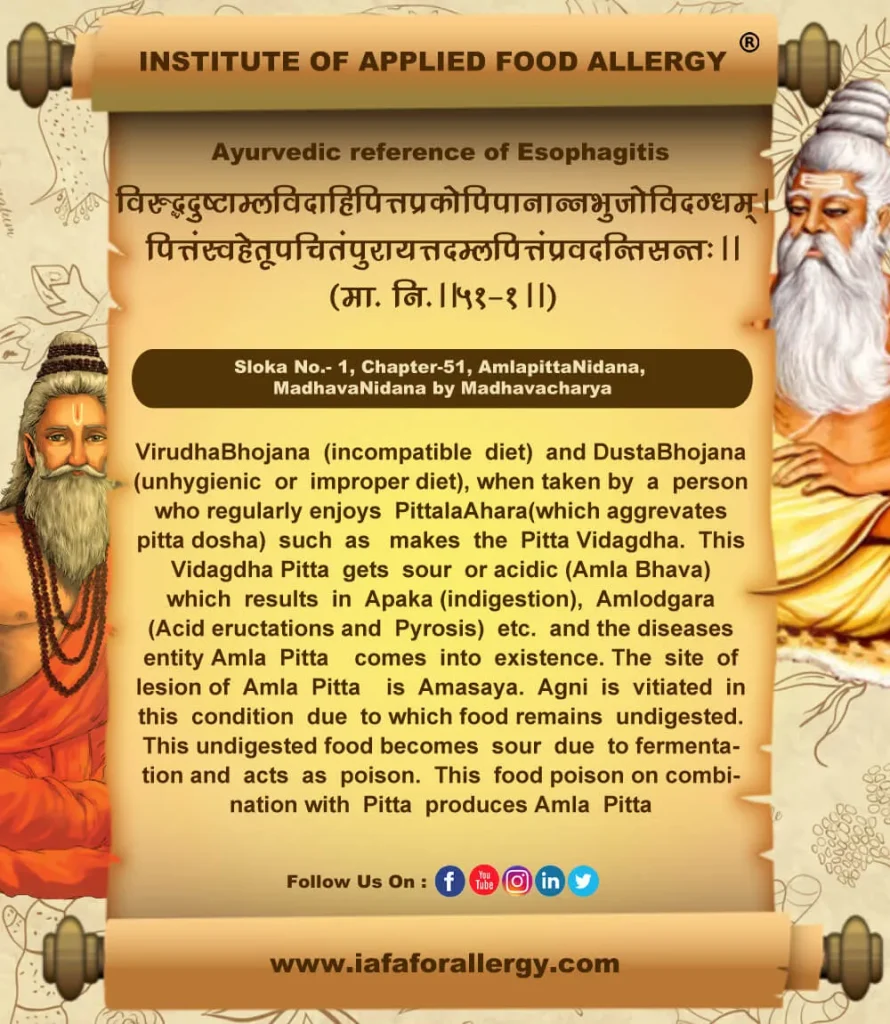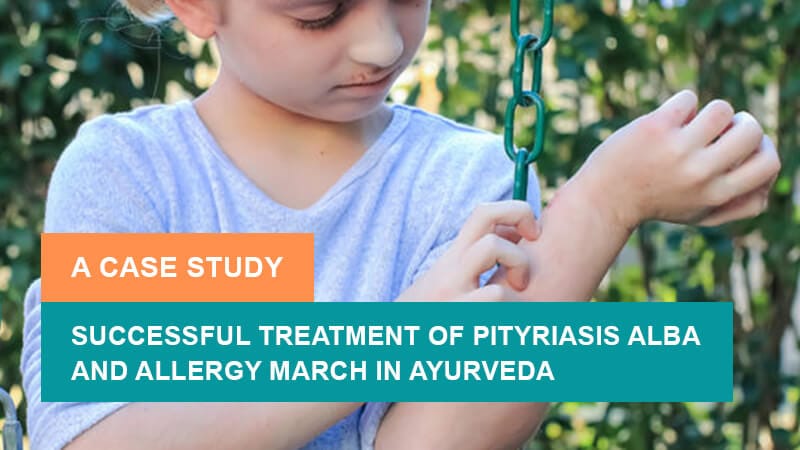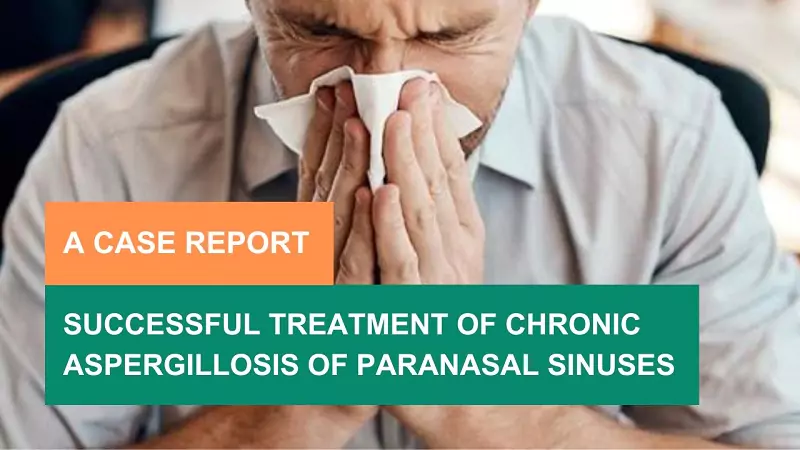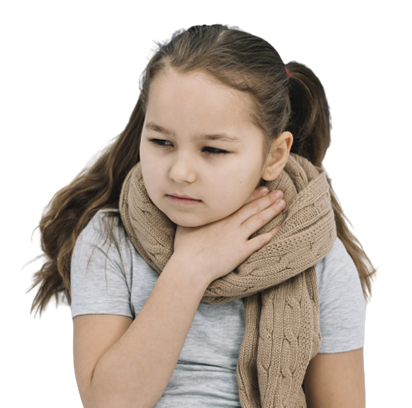On This Page
Esophagitis (Amlapitta) – Causes, Symptoms and Ayurvedic Treatment
विरुद्धदुष्टाम्लविदाहिपित्तप्रकोपिपानान्नभुजोविदग्धम्।
पित्तंस्वहेतूपचितंपुरायत्तदम्लपित्तंप्रवदन्तिसन्तः॥
Esophagitis in children is the inflammation of the squamous esophageal epithelium. It may result from various causes, including acid and nonacid gastroesophageal reflux (GER), food allergies, dysmotility due to various causes, infections, trauma, and iatrogenic causes. In the pediatric population, gastroesophageal reflux disease (GERD), infection, eosinophilic esophagitis, and corrosive ingestions account for most cases.
In Ayurveda, Esophagitis can be correlated to Amlapitta which is one of the commonest vyadhi (disease) of annavahasrotas (Gastrointestinal tract disorder), caused by vitiated agni (Appetite).
Causes of Esophagitis
- A backflow of acid fluid from the stomach to the esophagus (GERD)
- Vomiting
- Medications such as aspirin and anti-inflammatories
- Viruses, fungi, bacteria, or diseases that weaken the immune system
Also Read:- Eosinophilic Esophagitis Treatment – Natural and Ayurvedic
Symptoms of Esophagitis
The following are the most common symptoms for ulcerative esophagitis. However, symptoms differ in each children. They include,
- Epigastric and / or substernal burning pain, especially when lying down or straining; and can make swallowing difficult (dysphagia)
- Regurgitation
- Heart burn
- Pain while swallowing food
- Water brash
- Nausea
- Chest pain
- Belching
- Head ache
Ayurvedic Reference of Esophagitis (Amlapitta)


“Dr. Gupta’s IAFA offers fruitful Ayurvedic Management for Esophagitis. Institute of Applied Food Allergy® is committed towards providing the outstanding service for all the health problems of your children through Ayurveda”.
If you are looking for your child’s better health, Think about Dr. Gupta’s IAFA!!!
– Dr. Sahil Gupta (B.A.M.S., M.H.A.)
Ayurvedic Allergy Specialist
CEO & Founder of IAFA®
At last, Easier Esophagitis Management

Trusted by
More than 90,000 Patients

Convenient
at-Home Treatments

9.2 / 10
Customer Satisfaction Score
Ayurvedic Treatment for Esophagitis
Line of Treatment
- Avoid causative factors
- Palliative treatment – As the disease is of Pitta origin, all measures are undertaken to pacify pitta.
- Panchakarma treatment – When a patient cannot be well managed with oral medications ‘Panchakarma procedures’ like Vamana (emesis) or virechana (purgation) whichever is needed should be administered. In chronic cases, Asthapanavasti (medicated enema) is indicated.
Internal Medicines for Esophagitis
- Narikela Lavan
- Dashang Kwath
- Bhoonimbadi kwatha
- Patoladi Kwatha
- Gulucyadi Kashaya
- Amalakyadi Churna
- Avipattikar Churna
- Amalaki Rasayan
- Shatavari Ghrit
- Aahar Amrutham Bindu
- Pitpapra Swaras
- Yashti Ghrit
- Sukumaara Ghritam
- Shishu Laxoherb
- Dadimadi Ghrita
- Sutashekhar Rasa
- Prawal Pishti
- Prawal Panchamrit
- Shankh Bhasma
Purificatory Therapies for Esophagitis
- Vamana (Emesis)
- Virechana (Purgation)
- Asthapanavasti (Medicated Enema)
Single Herbs Used in Esophagitis
- Ardraka ( Zingiber officinale) ( After proper assessment of dosha)
- Vacha ( Acorus calamus) and
- Musta ( Cyperus rotundus)
- Parpata ( Fumaria indica)
- Yashtimadhu ( Glycyrrhiza Glabra)
- Sauf ( Foeniculum Vulgare)
- Anjeer ( Ficus Carica)
- Shrifal ( Aegle marmelos)
- Bhumi Amla ( Phyllanthus niruri)
- Dadima ( Punica Granatum)
- Sariva ( Hemidesmus Indicus)
- Amalaki ( Phyllanthus emblica)
- Hrivera ( Valeriana wallichii)
Also Read:- How to Treat Eosinophilic Esophagitis Naturally?
Diet in Esophagitis
Pathya (Do’s)
- Take meals in a relaxed atmosphere at regular intervals.
- Do exercise regularly.
- Instead of taking three big meals, take 4-6 smaller portions
- Raise the head end of your bed or sleep on extra pillows so that head is higher than your feet
Apathya (Don’ts)
- Avoid tea, coffee, and carbonated or alcoholic beverages
- Avoid processed and fermented foods, curd
- Avoid using garlic, ginger, onions, tomatoes, and vinegar in cooking
- Avoid rich gravies, sour, salty, and spicy foods
- Avoid physical activities just after eating
- Avoid mental stress & worries
Yoga Therapy for Esophagitis
Specific Asanas (Yoga), Pranayama, meditation, deep relaxation techniques, help to arrest the progression of the disease.
Postures include,
- Vajrasana,
- Bhujangasana
- Salabhasana
Pranayama include,
- Bhastrika
- Shitali
- Shitkari

Frequently Asked Questions
Question: What is Esophagitis?
Answer: Esophagitis is a diffuse non-specific inflammatory disease of unknown origin that continuously affects the colonic mucosa starts from the rectum and often forms erosion and or/ ulcers.
Question: What are the causes of Esophagitis?
Answer: Common causes of Esophagitis include acid reflux, side effects of certain medications, and bacterial or viral infections.
Question: What is the Ayurvedic treatment for Esophagitis?
Answer: Aim of treatment is to minimize symptoms and remissions, to avoid complications and complete cure without recurrence. So Ayurvedic management in the form of diet (Ahara) which improves digestive fire, drugs (Chikitsa – Shamana and Shodhana], exercise (Vihara) and change in lifestyle can be adopted.
Question: What is the fastest way to cure esophagitis?
Answer: The fastest way to treat esophagitis is through an integrative approach by following ayurvedic principle of eating early, not missing the meal and panchkarma therapies like Vamana (Emetic therapy), Virechana (Purgation therapy) and Pitta balancing herbal remedies.
Question: Can esophagitis be cured?
Answer: Esophagitis can be managed by single herbs like Pitpapra (Fumaria indica) and Shirish (Albizia Lebbeck) as it contains high catechins in the form of flavonoids which might help in reducing the inflammatory response by inhibiting the degradation of Ach (anticholinergic).
Question: What foods heal esophagitis?
Answer: Foods to eat in Esophagitis are more likely to be meshed foods like quinoa, kichadi, banana, as they are not difficult to swallow and mashed potato can be a good alternative to fries. While eating, the ayurvedic principle to stop eating when you are full will also help with the symptoms of esophagitis.
Question: What drink heals esophagus?
Answer: Esophagitis symptoms are managed by certain dietary changes. Diet generally includes food that are easy to swallow and is not irritating the food pipe. Drinks that are the best choice for esophagitis include not too hot or cold water, herbal tea like Aahar Amrutham Chai.
Question: How serious is esophagitis?
Answer: Esophagitis is not a chronic disease. It can be treated completely with the help of dietary changes, pranayam like Bhastrika, Bhramari and lifestyle changes like slow eating and soft food intake.
Question: Is banana good for esophagitis?
Answer: Yes, bananas are good for helping with the symptoms. They contain soluble fiber which improves esophageal and gut motility leading to less stasis and less acid production in the stomach. It also protects the mucosal lining of the esophagus as it is Picchila (Sticky) and Guru (Heavy) in nature.
Question: Which fruit is good for esophagus?
Answer: Fruits that are good for esophagus include frozen fruits, soft, cooked, that can be meshed easily. Alkaline fruits like banana and melon are the best choice as fruits eaten in patient’s of esophagitis.
Question: Is milk good for esophagus?
Answer: Milk of cow in proportion of 25% with 75% water is a good choice to relieve heartburn or acid reflux the fastest. If you face heartburn or acid reflux after having milk it is not just the esophageal disorders, the reason can be food intolerances as well.
Question: Can lemon help esophagus?
Answer: Lemons are highly acidic in nature but recent studies have suggested that lemon water can benefit those with acid reflux. Lemon with sugar and water added turns into an alkalinising agent which is a sufficing ingredient to neutralize the acid reflux symptoms.
Question: How can I heal my esophagus fast?
Answer: Fastest way to heal your esophagus is to give up on your bad dietary habits. Foods including soft or carbonated drinks and missing the meals should be completely stopped to alleviate the symptoms of heartburn.
Question: What’s the best ayurvedic medicine for GERD?
Answer: Pitpapara Swaras help most people with heartburn. Along with Yashtimadhu in cases of moderate to severe acid reflux. Herbal remedies like these are easily available and easy to use in treating symptoms of GERD.
Question: What is the best home remedy for acid reflux?
Answer: The best home remedy for acid reflux is to eat saunf (Fennel seeds) with jaggery or mishri after every meal with a short slow walk of about 15 minutes to help with peristalsis of the gut. These home remedies are temporary relief and complete treatment of esophagitis can be achieved by single herbs.
Question: Is rice good for acid reflux?
Answer: No, rice is not a good recommendation for heartburn or acid reflux. Rice contains sticky starch which binds with mucus in the stomach, weakening the defense against acid and pepsin which may in turn cause heartburn and ulcer.
Question: What foods repair the esophagus?
Answer: Foods that repair the esophagus include alkalizing, low acid, low fat, fresh foods that are easy on the stomach like Broccoli, Cauliflower, Carrots are eaten by chewing food slowly, having small bites and swallowing slowly.
Question: Is curd good for acid reflux or yogurt?
Answer: Curd is a good form of probiotics that helps balancing the gut flora and can be helpful in managing the symptoms of acid reflux but yogurt as a packed food contains sugar which is not the best choice for esophagitis.
Dr. Gupta’s IAFA offers fruitful Ayurvedic Management for Esophagitis. IAFA is committed towards providing outstanding service for all the health problems of your children through Ayurveda.
If you are looking for your child’s better health, Think about Dr. Gupta’s IAFA!!!
Was this Page Helpful?
So IAFA Ayurvedic Management for Esophagitis of your children is just 3 steps away!

01. Connect With Us
Book an appointment to share queries of your child health.

02. Consult With Us
Consult with Ayurvedic Pediatrician of IAFA®.

03. Root Cause Treatment
Get an accurate diagnosis and treatment for your child.
Real Case Studies – Successfully Treated Patients
Real Case Studies of Successfully Treated Patients from All Around the World by IAFA Ayurveda®
-

Successful Treatment of Pityriasis Alba and Allergy March in Ayurveda – A Case Study
It is a case study about successful treatment of Pityriasis Alba and…
-

Successful Treatment of Gallstones (Cholelithiasis) with Ayurvedic Medications – A Case Study
It is a case study about the successful treatment of Gallstones (Cholelithiasis)…
-

48-Year-Old Male Patient Got Relief from Chronic Aspergillosis of Paranasal Sinuses – A Case Study
Fungal infections can be treated with a high success rate by various…
-

6-Year-Old Child Patient Got Relief from Gluten Intolerance and Wheat Allergy – A Case Study
It is a case study of a 6-year-old Child Patient who got…
Read More Articles
-
-
-

Attention Deficit Hyperactivity Disorder – ADHD (Vatika Unmada)
So IAFA Root-Cause Treatment of Your Attention Deficit Hyperactivity Disorder is Just…










